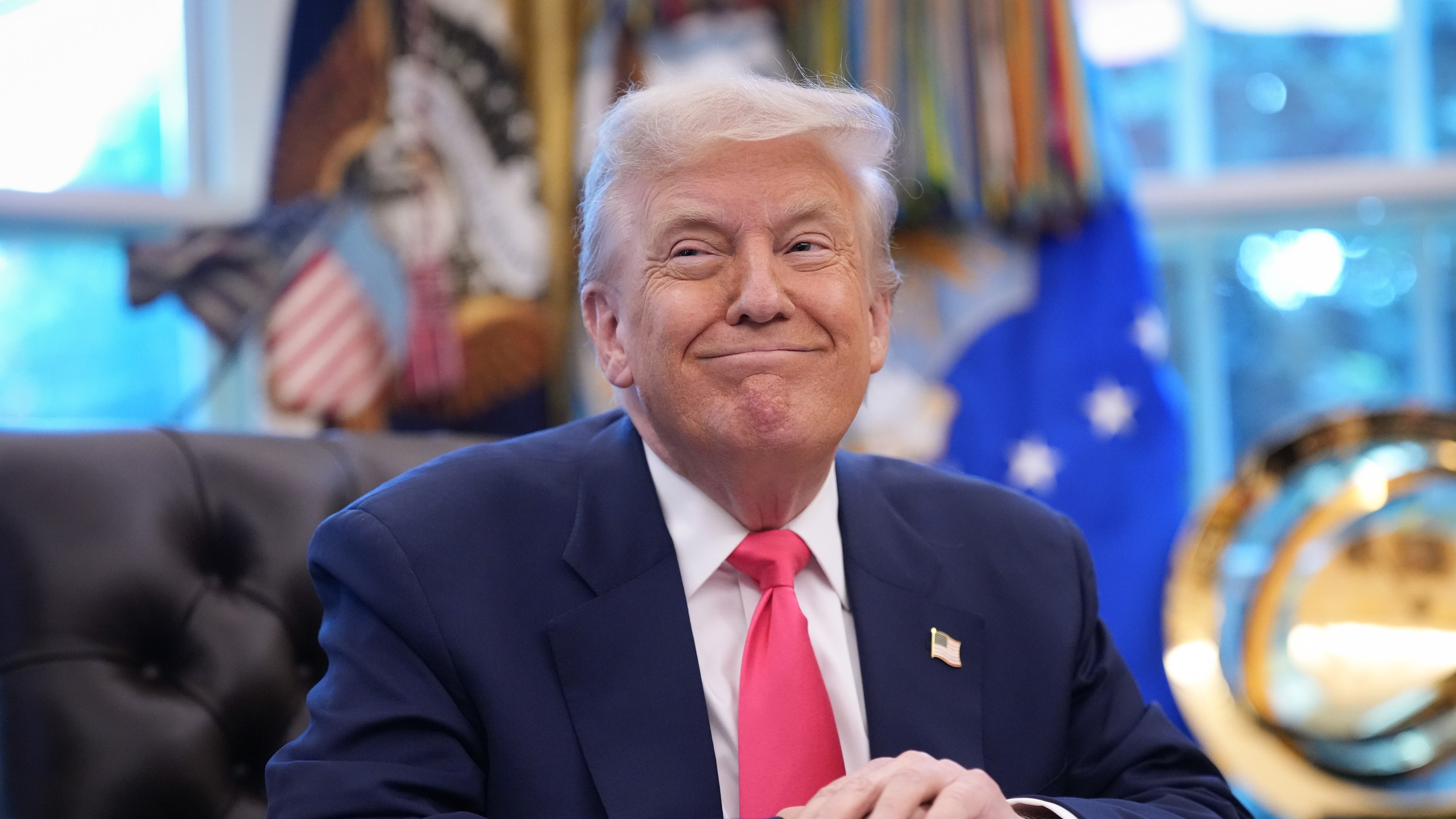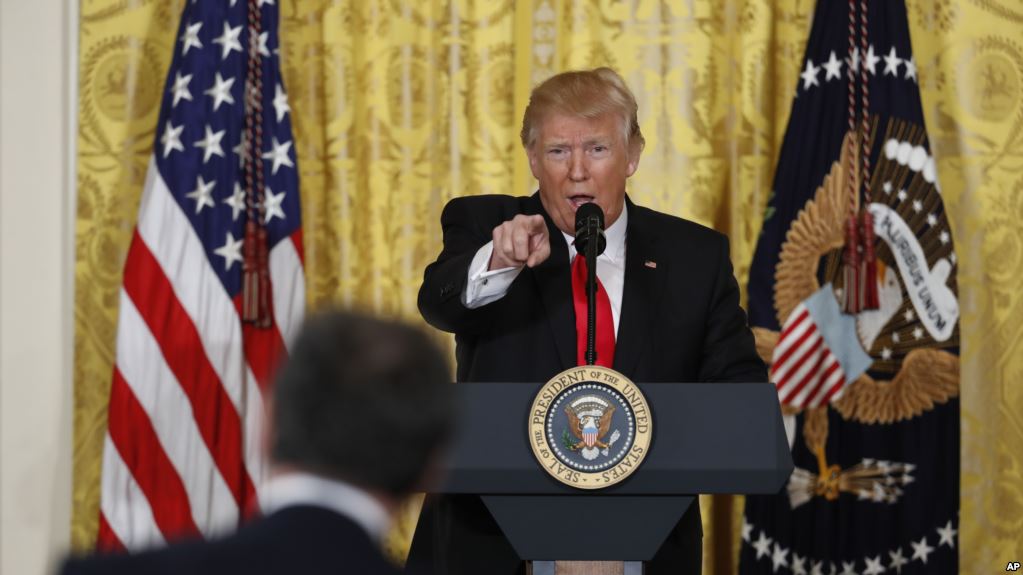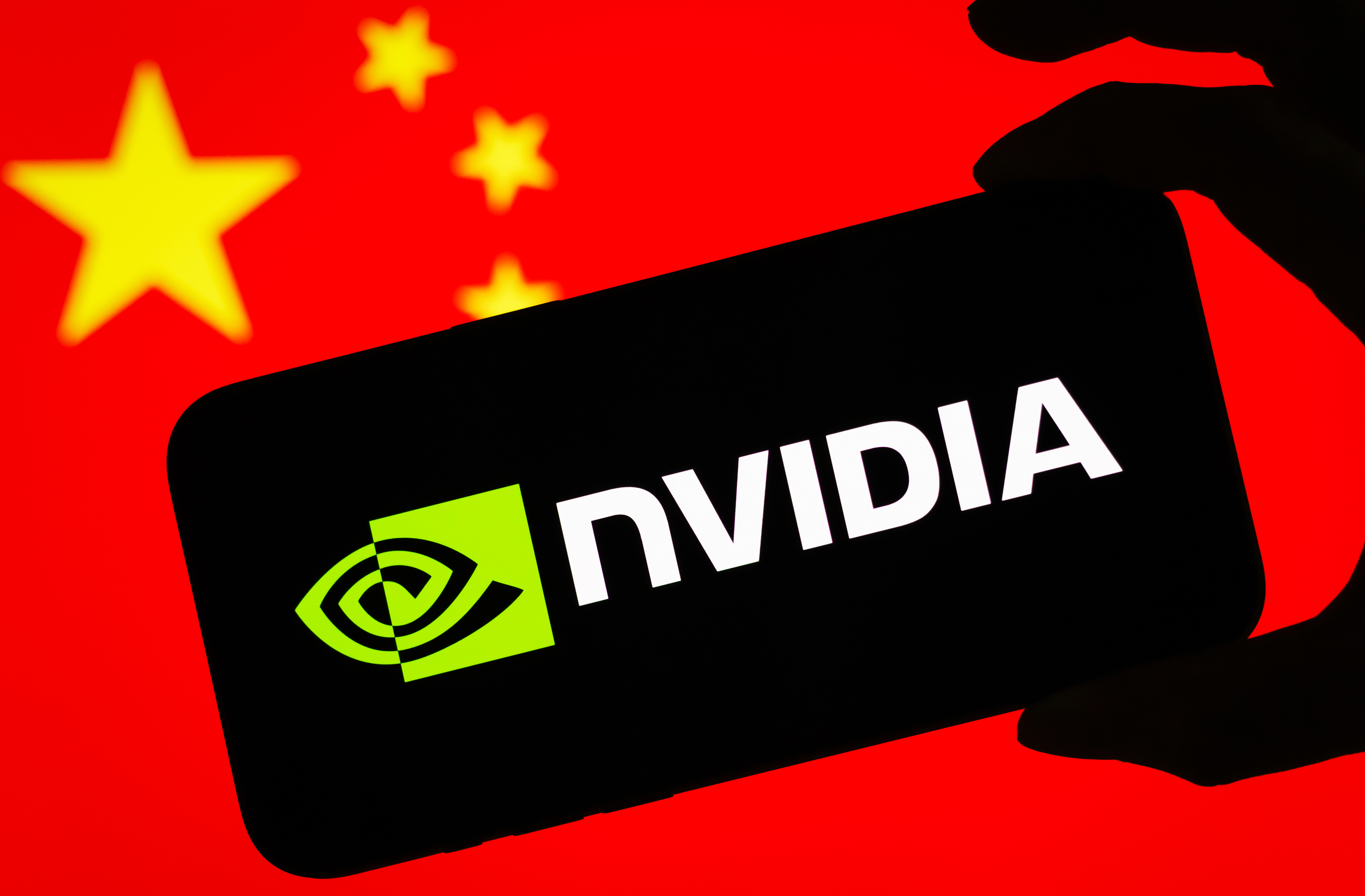NVIDIA and AMD will pay 15% for the right to sell to China in Trump's AI chip tax — "America cannot repeat 5G and lose telecommunication leadership"

All the latest news, reviews, and guides for Windows and Xbox diehards.
You are now subscribed
Your newsletter sign-up was successful
There has been much talk recently about the sale of NVIDIA's specialized AI GPUs to China. The US government only recently rescinded the ban on NVIDIA selling H20 chips on July 14, 2025, roughly four months after slapping the regulation in place due to what it called national security concerns.
On Sunday, August 10, it was reported (via Financial Times) that both NVIDIA and AMD have agreed to pay the US government 15% of the revenue garnered from the sales of specific AI accelerators — the NVIDIA H20 and the AMD MI308 — to China.
You're not wrong in thinking that this agreement is entirely unprecedented and even quite unusual. It all comes down to NVIDIA and AMD's quest to receive export licenses for these chips, which, of course, come from the US government.
NVIDIA and AMD both see an extremely lucrative opportunity in China, and not being able to sell their AI chips to such a large market is a prospect that wipes billions off of profit margins.
As stated in the FT article, these specific export licenses were "granted last week" and began issuance on Friday, just a couple of days after NVIDIA's CEO, Jensen Huang, personally met with President Trump.
It appears that the 15% impost was a final piece of the negotiation between the two major firms and US government officials.
US President Trump makes statements about the new AMD/NVIDIA AI chip deal
US President Trump held a press conference Monday to confirm the new deal with NVIDIA and AMD. As reported by Reuters, Trump doubled down on his assumption that the H20 is not powerful enough to make a significant difference:
"The H20 is obsolete. [...] So I said, 'Listen, I want 20% if I'm going to approve this for you, for the country."
US President Donald Trump
Of course, it seems that the final deal whittled the number that NVIDIA and AMD will pay down to 15%. This statement also ignores the fact that the NVIDIA H20 AI GPU, which is essentially a nerfed version of the Hopper-based H200 AI chips, is still an extremely potent piece of hardware.
Why else would Chinese customers be clamoring to put in orders? On July 30, I wrote about how NVIDIA needs 300,000 more H20 AI chips from TSMC to meet China's demand, and that was on top of the 600,000 to 700,000 H20 chips already stockpiled and awaiting customers.
At the press conference, Trump also commented on the new NVIDIA B200 chip based on the latest Blackwell architecture:
"Jensen also has the new chip, the Blackwell. A somewhat enhanced-in-a-negative-way Blackwell. In other words, take 30% to 50% off of it. [...] I think he's coming to see me again about that, but that will be an unenhanced version of the big one."
So, it seems that the precedent set by this deal may not be a one-time thing. NVIDIA has been responding to requests for comment with the same standard lines that don't really give us any extra information.
We follow rules the U.S. government sets for our participation in worldwide markets. While we haven't shipped H20 to China for months, we hope export control rules will let America compete in China and worldwide. America cannot repeat 5G and lose telecommunication leadership. America's AI tech stack can be the world's standard if we race.
NVIDIA
It's important to point out that this type of deal has never happened before. But viewed through the scope of President Trump's recent efforts to revitalize domestic investments from massive tech firms, whether via tariffs or production agreements, it makes more sense.
US officials are concerned about the new deal
Is this deal legal? I'm not entirely sure. The US Constitution forbids Congress from imposing taxes and duties on goods exported from any state. However, I'm sure there's a loophole somewhere through which the US government is happy to jump.
There are also the national security implications, which seem not to matter as much now that the US government is receiving a kickback from the sales.
US Rep. Raja Krishnamoorthi, the ranking member of the House Select Committee on the Strategic Competition Between the United States and the Chinese Communist Party, released a statement responding to the 15% trade deal:
"The reported agreement to have Nvidia and AMD pay 15% of their China chip sales revenues in exchange for export licenses from the U.S. government represents a dangerous misuse of export controls that undermines our national security. Export controls exist to protect America, not to generate revenue. If advanced semiconductor sales to China pose the national security risks we've repeatedly cited, they should be prohibited, not monetized through an unaccountable profit-sharing scheme with the federal government.
"This arrangement raises critical questions the administration must answer immediately, including what legal authority it has for extracting revenue-sharing as a condition for export licenses, how such funds will be used, whether the interagency referral process established by Congress was followed, and whether Congress was consulted at any point in the development of this scheme.
"Most troubling is the contradiction at the heart of this potential policy. The administration cannot simultaneously treat semiconductor exports as both a national security threat and a revenue opportunity. By putting a price on our security concerns, we signal to China and our allies that American national security principles are negotiable for the right fee."
It will indeed be interesting to see how this all plays out and whether the newfound 15% kickback on select NVIDIA and AMD AI chips will be something that remains in place for long.

Cale Hunt brings to Windows Central more than nine years of experience writing about laptops, PCs, accessories, games, and beyond. If it runs Windows or in some way complements the hardware, there’s a good chance he knows about it, has written about it, or is already busy testing it.
You must confirm your public display name before commenting
Please logout and then login again, you will then be prompted to enter your display name.


